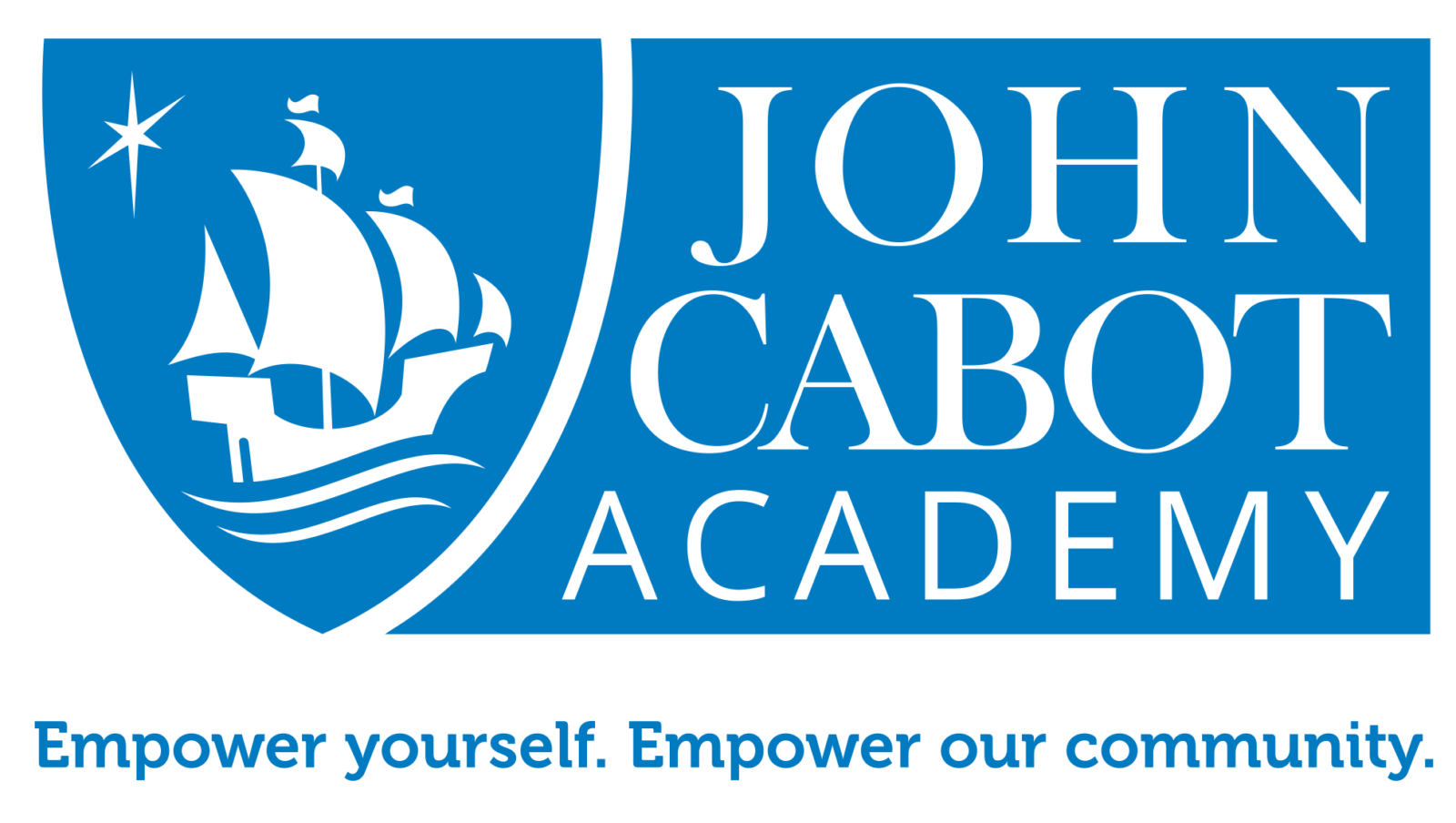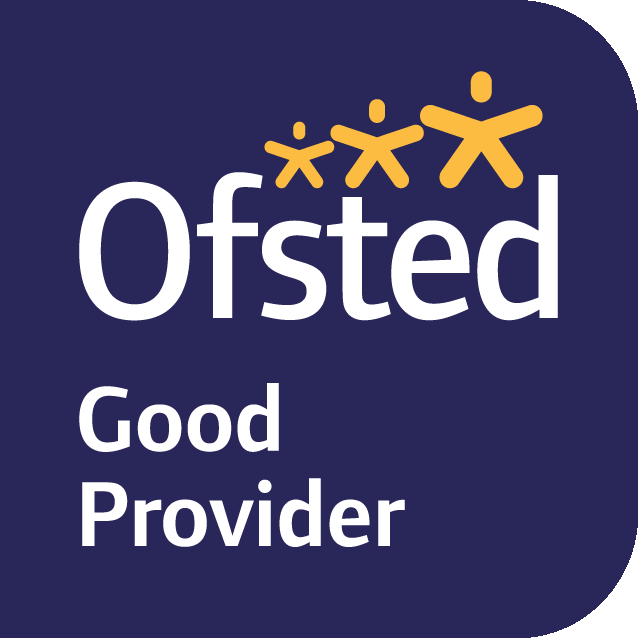Religion and Philosophy
Subject intent
We want our philosophers to know and understand key religious beliefs and practices from a number of world views. We want them to be able to understand and evaluate the impact belief has on people’s actions in both their religious practices and ethical decisions. They will be able to listen to others, take on differing viewpoints, be able to articulate arguments and form justified conclusions.
Brief overview of thinking behind KS3 cumulation and progression of knowledge
Our RP curriculum’s sequencing introduces students to several different religious and non religious beliefs and/or practices, progressively building on knowledge so students can develop their understanding and ability to evaluate and make informed judgements.
Link to KS4 specification
GCSE Religious Studies | Eduqas
GCSE Specification Template (eduqas.co.uk)
Curriculum plan
| Term 1 | Term 2 | Term 3 | Term 4 | Term 5 | Term 6 | ||||
| Year 11 | Christian Practices | Islamic Practices | Relationships | Life and Death | Revision | ||||
| Year 10 | Good and Evil | Christian Beliefs | Islamic Beliefs
| Human Rights
| |||||
| Year 9 | How do we make ethical decisions? | Does religion cause conflict? | Exploring ultimate questions. What is real? | ||||||
| Year 8 | Hindu ideas and practices | Jewish ideas and practices | Christian ideas and practices | Islamic ideas and practices | Existence of God | Evil and Suffering | |||
| Year 7 | Stories of the Prophets | Who was Jesus? | Who was Muhammad? | Who were the Gurus? | Who was the Buddha? | ||||


